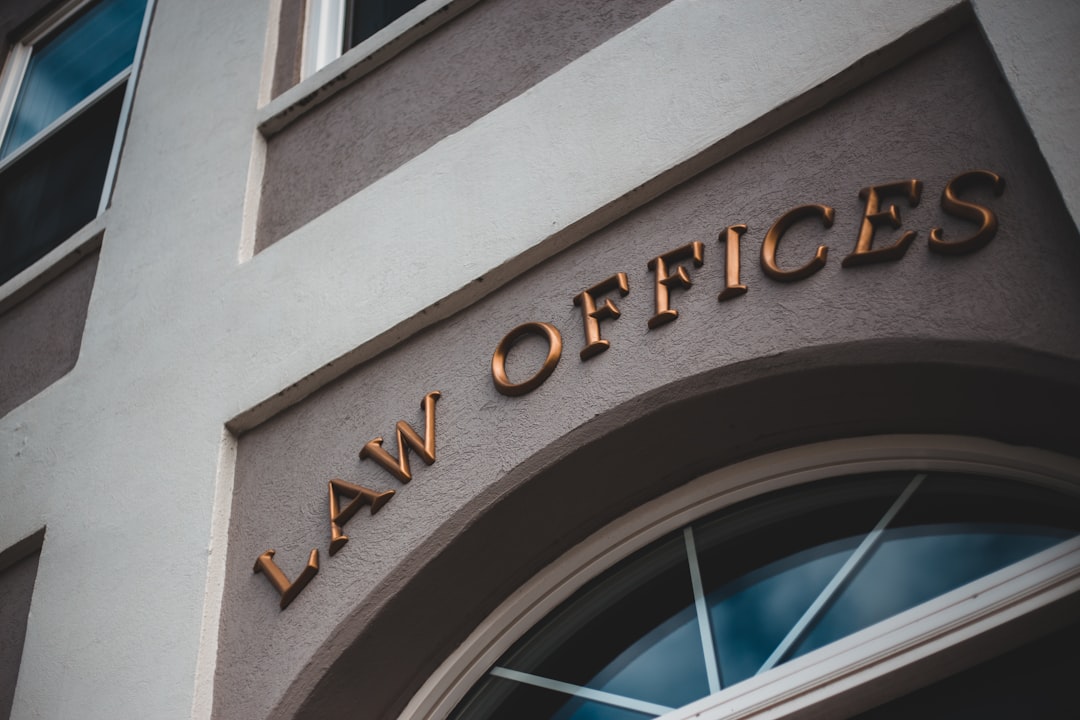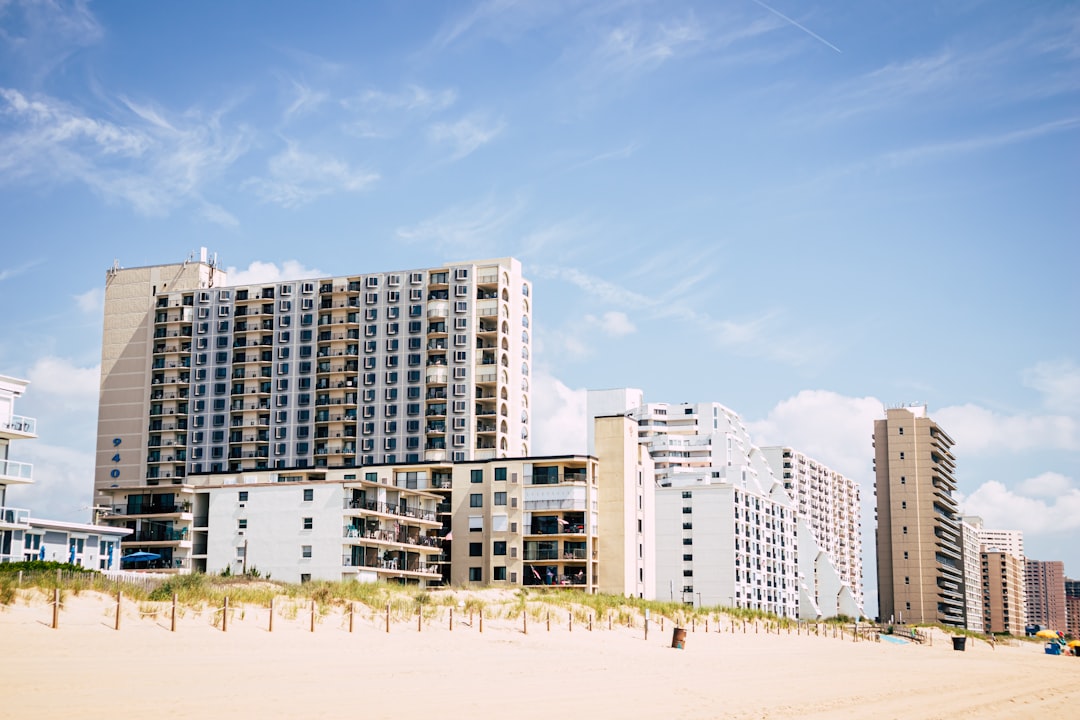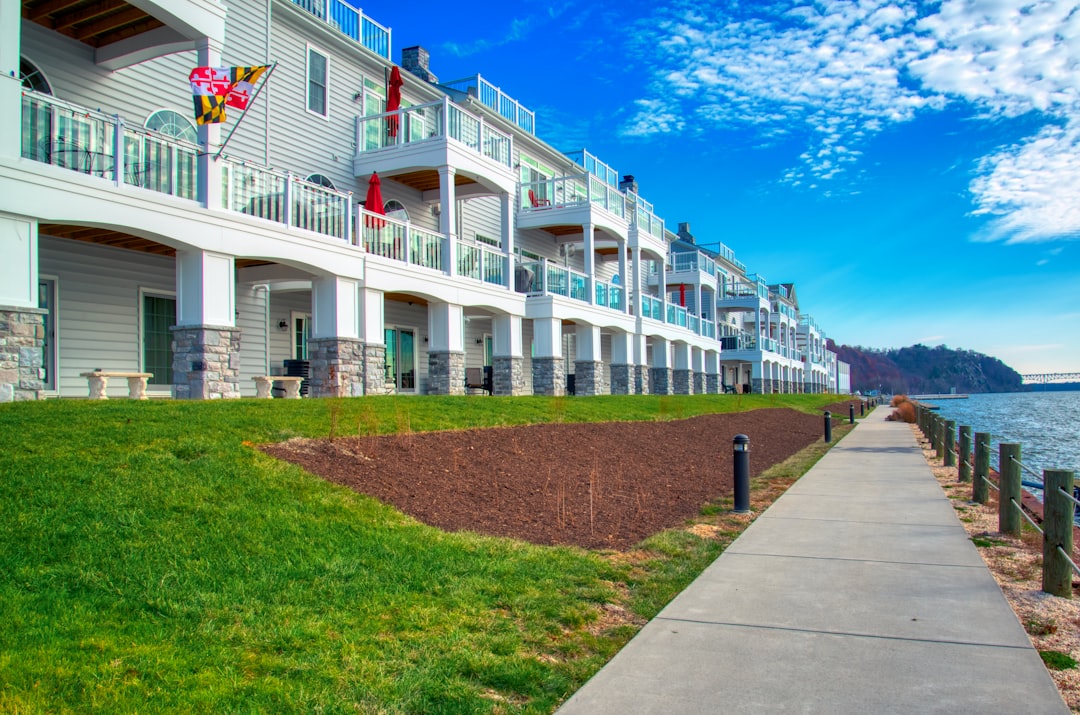Sexual abuse prevention training is crucial for Maryland educators to maintain a safe learning environment. A comprehensive guide equips teachers with skills to identify suspicious behavior, understand child sexuality development, and respond appropriately to student disclosures, including legal insights from sexual abuse lawyers in Maryland. Integrating these measures discourages abusive behavior, encourages open communication, and fulfills educators' legal obligation to protect students. Effective training programs, incorporating best practices and expert guidance, are multifaceted strategies to prevent sexual abuse in Maryland schools.
In Maryland, ensuring a safe learning environment is paramount, especially regarding sexual abuse prevention. This comprehensive guide aims to equip educators with essential tools and knowledge to identify and mitigate potential risks. We explore legal obligations, best practices for training programs, and strategies to foster a culture of awareness. Understanding these aspects is crucial in the hands of Maryland educators, empowering them to serve as advocates and protect their students from sexual abuse. A ‘Sexual Abuse Lawyer Maryland’ can offer valuable insights, but proactive education is key to prevention.
Understanding Sexual Abuse Prevention: A Comprehensive Guide for Educators
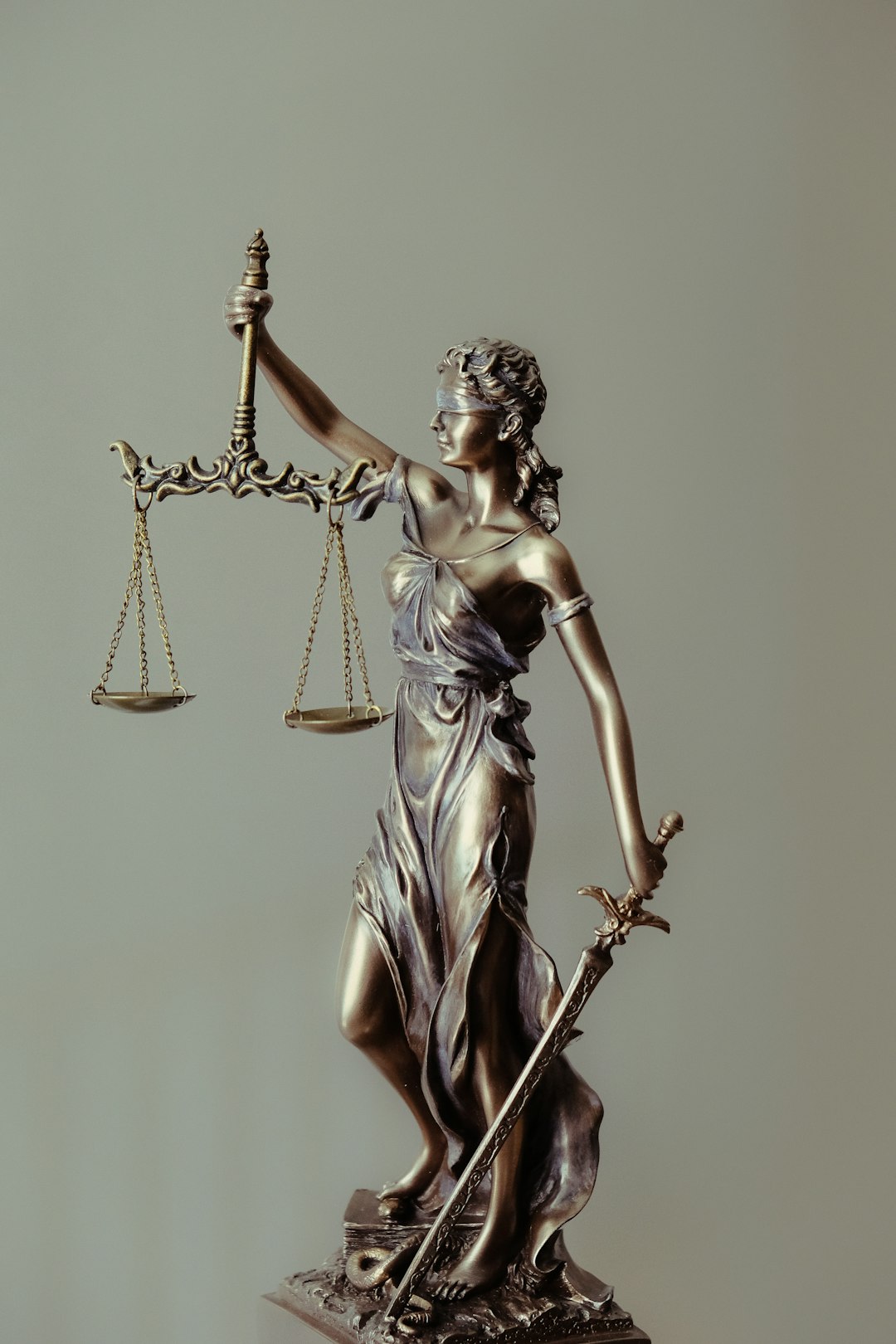
Sexual abuse prevention training is an essential component of ensuring a safe learning environment for students in Maryland. Educators play a crucial role in recognizing and addressing potential risks, as they are often the first line of defense against such incidents. A comprehensive guide to sexual abuse prevention equips teachers with the knowledge and skills needed to identify suspicious behavior, understand child development related to sexuality, and respond appropriately to student disclosures.
This training should cover various topics, including legal aspects highlighted by sexual abuse lawyers in Maryland, age-appropriate boundaries, consent discussions, and strategies for fostering a culture of respect and understanding among students. By integrating these measures into their teaching practices, educators can create an atmosphere that discourages abusive behavior and encourages open communication about sensitive subjects.
Legal Obligations and Responsibilities of Maryland Educators in Preventing Sexual Abuse
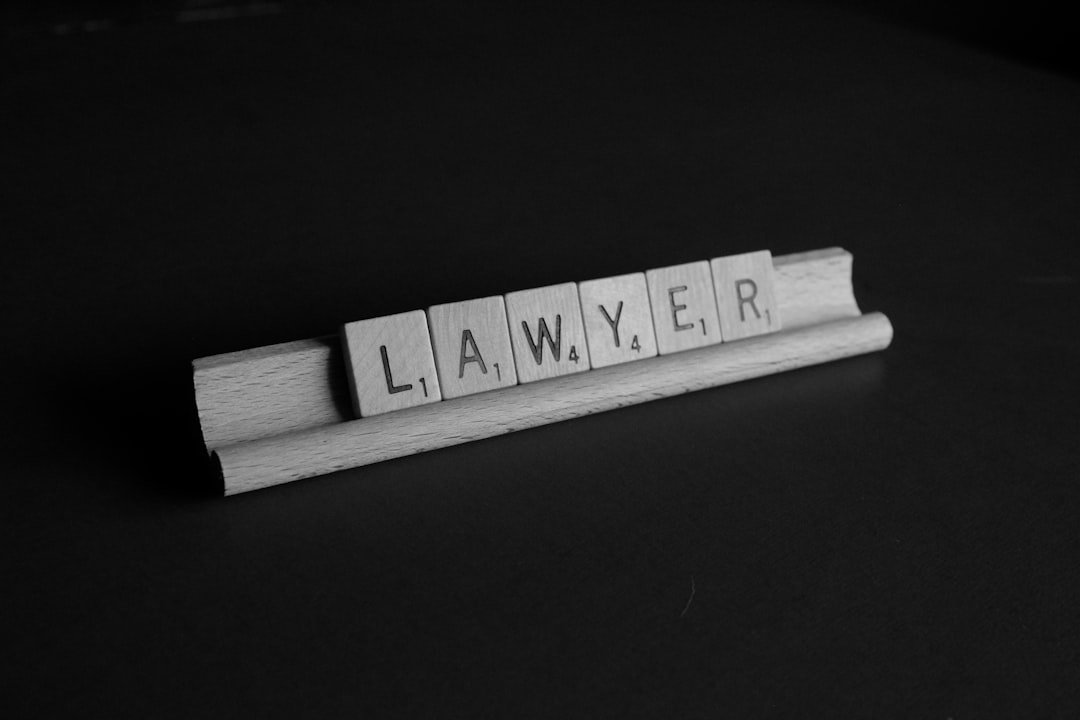
Maryland educators have a legal obligation to create and maintain a safe learning environment for all students. This includes taking proactive steps to prevent and address sexual abuse, as mandated by state law. Any form of sexual misconduct or abuse by a teacher or school staff member towards a student is strictly prohibited and considered a serious crime. A sexual abuse lawyer in Maryland can help educators understand their responsibilities in reporting such incidents.
Educators are required to be vigilant and educated about recognizing potential red flags, understanding consent, and implementing appropriate boundaries. They must report any suspected or known instances of sexual abuse or harassment to the proper authorities, including law enforcement and child protective services. This proactive approach ensures that Maryland’s educators fulfill their legal duties and contribute to protecting students from sexual abuse.
Implementing Effective Training Programs: Strategies and Best Practices for Maryland Schools
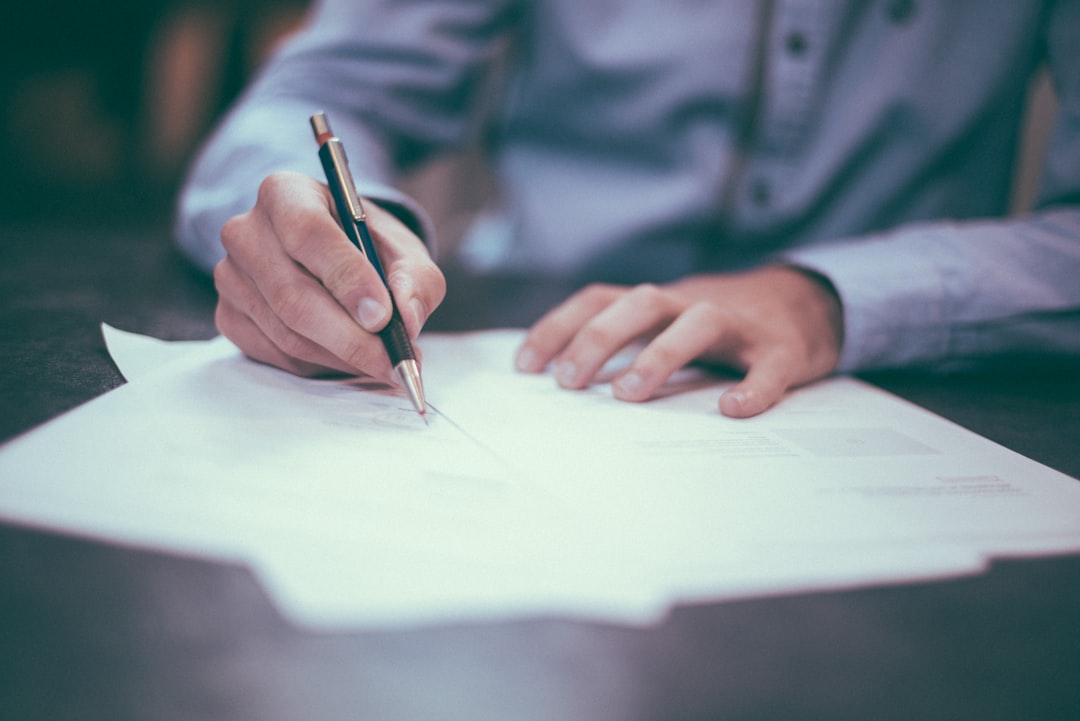
Implementing effective training programs is a multifaceted approach to addressing sexual abuse prevention in Maryland schools. These programs should be designed by experts, incorporating best practices and strategies that have proven successful nationwide. A key component involves interactive workshops that facilitate open discussions about consent, personal boundaries, and appropriate reporting mechanisms. These sessions can utilize role-playing scenarios to equip educators with practical tools for identifying potential risks and responding effectively.
Additionally, regular updates and recertifications ensure that training remains relevant and educators are equipped with the latest knowledge. Collaborations between schools, community organizations, and legal professionals specializing in sexual abuse cases—such as a sexual abuse lawyer Maryland—can enhance program effectiveness. These partnerships bring diverse perspectives, fostering a more comprehensive understanding of prevention, intervention, and support for affected individuals.
